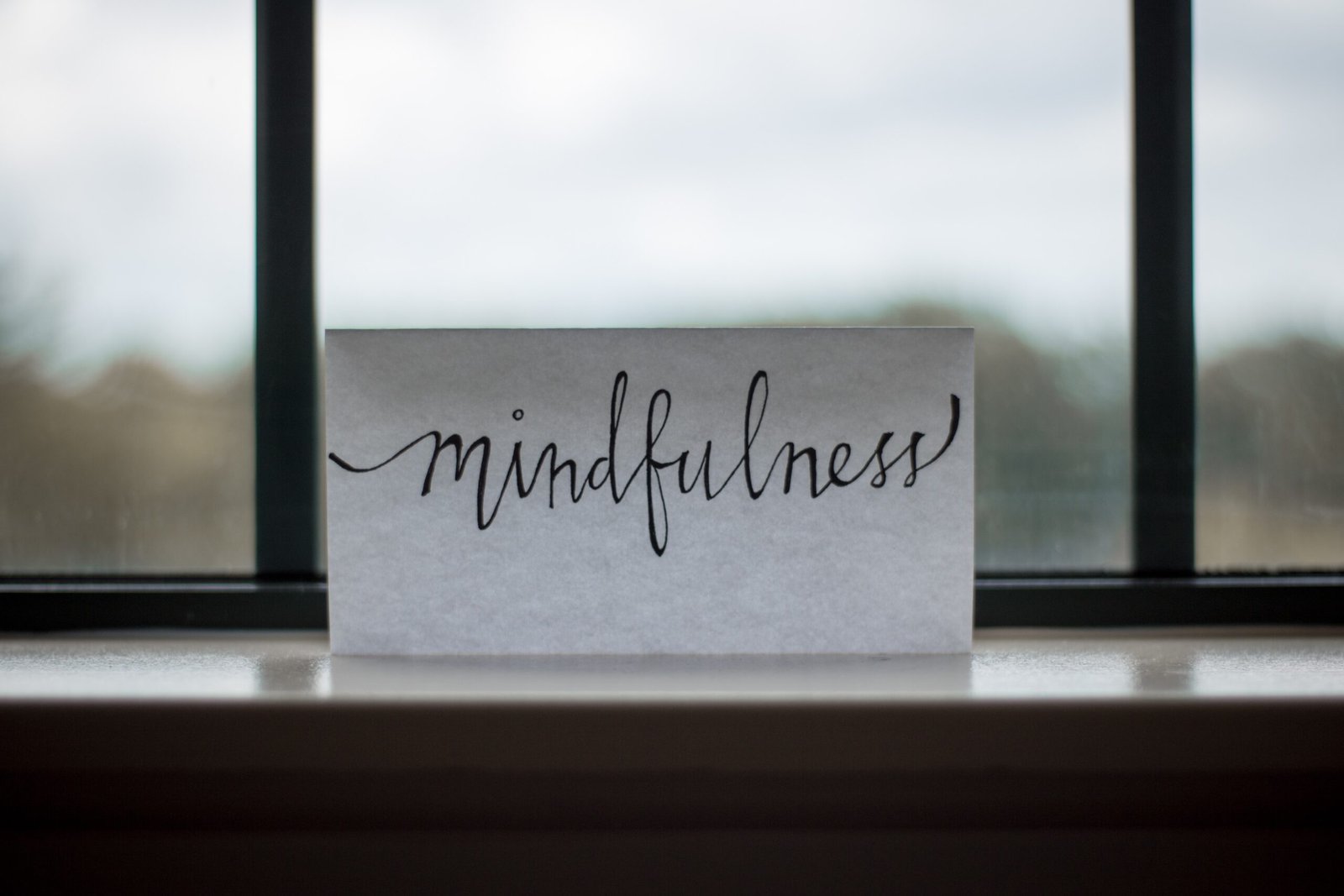In today’s fast-paced and chaotic world, the importance of mental health cannot be overstated. As we navigate through the daily stresses and challenges, it becomes crucial to find ways to maintain a sense of balance and well-being. One practice that has gained significant popularity in recent years is mindfulness.
Mindfulness is the act of being fully present and engaged in the present moment, without judgment. It involves paying attention to our thoughts, feelings, and sensations, and accepting them without trying to change or fix them. By cultivating mindfulness, we can develop a deeper understanding of ourselves and the world around us, leading to improved mental health.
The rise of mindfulness can be attributed to its proven effectiveness in managing stress, anxiety, and depression. Numerous studies have shown that regular mindfulness practice can reduce symptoms of these mental health conditions and enhance overall well-being. By focusing on the present moment and letting go of worries about the past or future, individuals can experience a greater sense of calm and clarity.
One of the key benefits of mindfulness is its ability to help individuals break free from negative thought patterns. Often, our minds are filled with self-critical thoughts and worries that can lead to increased stress and anxiety. Through mindfulness, we can observe these thoughts without judgment and learn to let them go, creating space for more positive and constructive thinking.
Additionally, mindfulness can improve our relationships and emotional intelligence. By being fully present and attentive, we can develop better communication skills and a deeper understanding of others. This can lead to more meaningful connections and a greater sense of empathy and compassion.
Mindfulness can be practiced in various ways, including meditation, breathing exercises, and body scans. The key is to find a technique that resonates with you and integrate it into your daily routine. It doesn’t require a significant time commitment; even a few minutes of mindfulness practice each day can make a difference.
As the benefits of mindfulness become more widely recognized, it has found its way into various aspects of life. Many workplaces now offer mindfulness programs to help employees manage stress and improve focus. Schools are incorporating mindfulness into their curriculum to support students’ emotional well-being. Mindfulness apps and online resources have also become popular, making it easier for individuals to access guided mindfulness practices.
It is important to note that mindfulness is not a quick fix or a cure-all for mental health issues. It is a tool that can complement other forms of therapy and self-care practices. If you are experiencing severe mental health challenges, it is essential to seek professional help from a qualified therapist or counselor.
In conclusion, the rise of mindfulness is a positive trend that has the potential to significantly impact mental health. By incorporating mindfulness into our lives, we can cultivate a greater sense of inner peace, reduce stress and anxiety, and improve our overall well-being. So why not give it a try? Take a moment to pause, breathe, and be present.




































